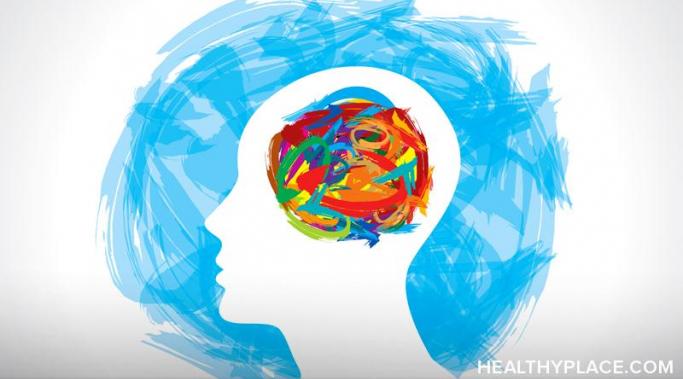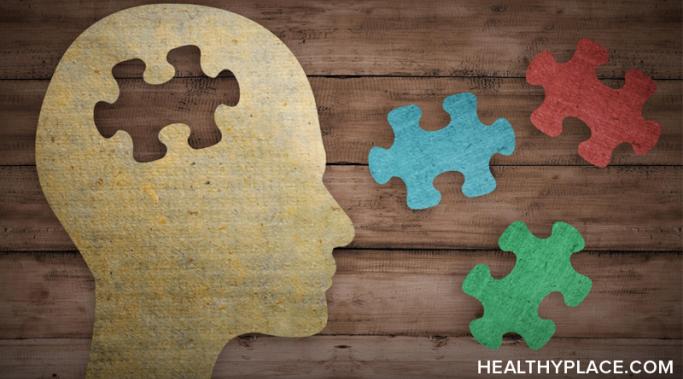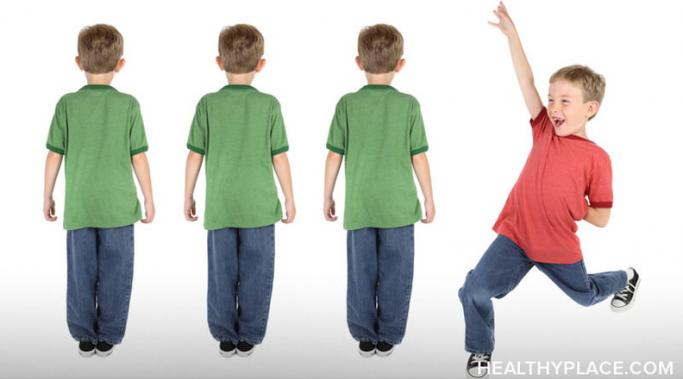Many childhood mental illnesses involve behaviors similar to those found in autism spectrum disorder (ASD), commonly just referred to as "autism." As a result, parents may hear the term "autism" mentioned when their child first exhibits worrisome behaviors. This first post on autism will look at the similarities and differences between autism spectrum disorder and childhood mental illness, as seen from a parent's perspective.
ADHD – Parenting Child with Mental Iillness
For a child with mental illness, school refusal can be common. School can be anxiety-provoking for children with mental illnesses (School Anxiety in Children: Signs, Causes, Treatments). School refusal is anxiety-provoking for parents. Working parents have the added layer of inflexible timelines. Being late to work daily may get them fired, and the employer doesn't necessarily care about our struggles with our children. So what can we do as parents to get our mentally ill children past school refusal?
May is Mental Health Awareness Month, and one of the least discussed mental health topics is childhood mental illness. Twelve million children in our country have a mental illness, yet fewer than one in five get treatment (Childhood Psychiatric Disorders). So not only parents suffer from our cultural silence. Our children with mental illness suffer, too.
Most people don't know what life with disruptive mood dysregulation disorder (DMDD) is like. But if your child is perpetually angry and irritable or you walk on eggshells for fear of triggering terrifying outbursts, these behaviors may point to disruptive mood dysregulation disorder, a childhood mood disorder that can lead a child and his or her parents on a scary and frustrating journey.
What are the clues that your child has attention-deficit/hyperactivity disorder, or ADHD? To start, HealthyPlace has a quiz you can take (Free Online ADHD Child Quiz). It includes many of the typical signs of ADHD. However, as a parent, I realize you didn't come here to learn how clinicians see the disorder. You want to know how ADHD looks and feels on a daily basis. You want to know if you're overreacting to behaviors or not. You want to know if your child has ADHD.
It's important to know how to manage your child's problem behaviors caused by mental illness when you're not there. When your child struggles with mental illness, going into public can be terrifying. More terrifying is wondering what your child is doing in public when you're not there (Parenting Children with Behavior Problems). One of my son's diagnoses is attention-deficit/hyperactivity disorder (ADHD). I'll discuss more specifics about parenting children with ADHD throughout March, but for now, just know that ADHD sometimes makes children socially awkward and they display problem behaviors that you need to manage even when you're not there.
Hiya readers. Moving can be a challenge. It can stress you out. It is hard to leave something behind and scary to face a different future. At some point, all of us - parents and children - go through this. For kids, it can be moving on from one grade to another, one classroom to another or even from one subject to another. For parents, it can be moving on from one job to another or from being a parent to parenting a child with mental illness. Transitions are hard, but they happen to all of us.
Yesterday, I celebrated Martin Luther King, Jr. day by spending it with Bob. As I thought of what to write about this week, I thought of Mr. King and his dream. It was his dream to see people of all backgrounds together in harmony. This was a big dream. Almost impossible even. How could one man do such a thing? Martin Luther King, Jr. did so with perseverance.
Giving thanks is something many do around Thanksgiving. We parents try to teach our children that saying thank you shows kindness to others (not to mention good parenting). But, what about saying 'thank you' to your child?
Kindness is one of the sweetest ways to show love to your special needs child. Last week, I wrote about being the kind of parent you'd like for yourself. Sometimes because of my own stress and issues, I'm not very kind to Bob. Instead of responding in a loving manner, I have responded rudely and end up shutting down what could be a great conversation. I know this isn't something that only happens with me.






